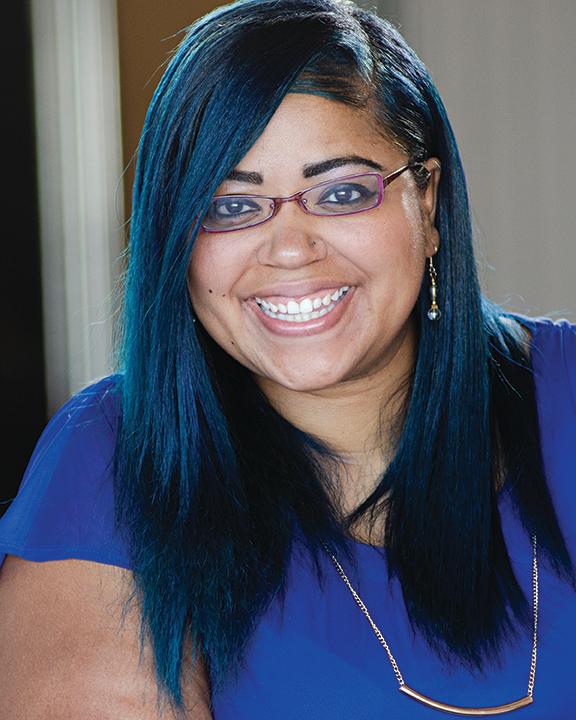
Suicide now kills more young people in Colorado than car accidents. The suicide rate overall in the Centennial State is among the highest in the nation.
The recent death of a Denver fourth-grader raises more questions about the growing problem, what solutions exist and the complicated causes behind suicide.
Colorado Matters spoke with two experts about youth suicide in Colorado. Dr. Kevin Carney is the medical director of the emergency department at Children's Hospital, where he sees the concerning trend firsthand. Kayla Fulginiti works with Second Wind Fund, a suicide prevention group that works directly with schools statewide.
We also hear a first-hand account from Xander Fager is a trans man who contemplated suicide as a teenager. He now works with Rainbow Alley, the youth program at the GLBT Community Center of Colorado.
- Colorado Crisis Line: 1-844-493-8255, coloradocrisisservices.org. Chat online or text TALK to 38255.
Interview Highlights
Dr. Kevin Carney on the shock of seeing young people with suicidal ideation:
"I think it's very fair to say that seeing a young child who has either attempted to kill themselves or has completed suicide is shocking event for anybody. Even as frontline providers who are used to seeing terrible things happen to kids, it is a shocking event. As a parent of three young children myself, I've seen kids as young as my oldest daughter who have killed themselves, and it leaves a toll on you.
It really does, when you drive home at the end of the day, make you want to wake your kid up and say, "'Are you ok? Please tell me if something is going on. I need you to be open with me.' Because sometimes these events can be avoided, and the more that we can do as a community to get kids talking and get interventions and access to these kids as soon as possible, we can hopefully prevent a future tragedy."
- 'Deep Sadness, Reflection' At DPS After Student Takes His Own Life, Teen Is Shot
- How Educators And LGBT Advocates Are Responding To 9-Year-Old's Suicide
Kayla Fulginiti on what causes youth suicide, and what to do if someone is struggling:
"We do get a lot of referrals for bullying and I think that … anecdotally we’re hearing that a lot of suicidal thoughts and depression are being increased by behaviors in school. But I think it’s just one factor.
I think when we’re looking at youth and particularly the young kids and adolescents, we’re also looking at where they are developmentally as far as brain development, emotional development, physical development. So we’re taking young kids who might still be struggling with developing good coping strategies and putting them in high-stress situations.
Really it’s as simple as just start talking. Talk to someone. If you’re concerned about someone, start asking questions. There’s a fear that if you ask somebody if they’re thinking about killing themselves that it puts that idea in their head. It’s the absolute opposite. It's a way to help them put into words maybe what they're feeling and allow them to then talk about it with someone they know if safe and comfortable to talk with."
Xander Fager on the vulnerabilities of LGBT youth, and how schools should change:
"Folks who come to our space it’s life or death for them. In society, and from parents, peers, politicians, there’s just so many messages of hate toward LGBT folks. It’s seen as sinful, it’s seen as wrongful. Especially for trans-identified folks.
You never know when somebody walks through the door what place they’re in, what they’re dealing with. And that’s why we try to make it such a welcoming atmosphere, it’s a judgment-free zone, and everybody there is like family.
I feel like all school administrations, elementary to high school to college, need to have LGBT 101 trainings, sensitivity trainings. A lot of bullying stems from ignorance, and lack of education, and that ignorance creates a lack of understanding and fear."








